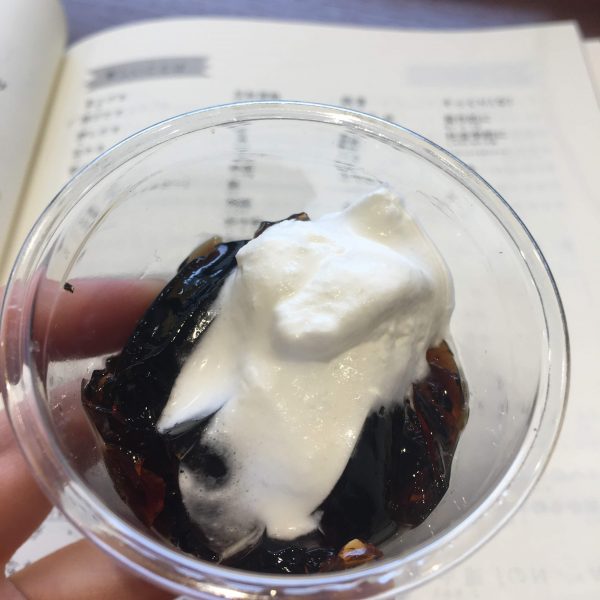Having been enrolled in a Japanese university, one thing I noticed was how a part-time job (アルバイト in Japanese) was one of the most common experiences among university students in Japan. Talking with my Japanese and non-Japanese friends, I realized that it was more than the income earned from it, but we can learn a lot from the experience. Here, I would like to share my very first experience of a part-time job and some basic information about it.
After taking 1 year of the “Survival Japanese” course at Tokyo Tech, I decided to give it a try applying for a part-time job. Even though I wasn’t sure if I could even pass the interview, I started my very first shift at one of the most popular chain coffee shops in Japan.

At first, it was quite challenging for me to communicate well with colleagues and understand orders from customers, but with the help from kind colleagues and thorough work instructions provided, I became pretty good at it. There I got a chance to make friends with Japanese people of a wide range of ages, and other international students studying in different universities, language schools, and technical colleges who always backed me up when I struggled with Japanese, and shared interesting stories. At that specific branch I worked in, there were surprisingly many international students working. I think one of the biggest advantages of studying in Tokyo among other regions in Japan, is that you have a higher chance of getting a part-time job even with little Japanese skill.
Just working at customer service, I got to see Japanese people’s sincere attitude towards their job, how they standardize the quality of services and make sure that everyone regardless of nationality, age, permanent or temporary employment is immersed in the company culture.
As I was a full-time student, I used to work for 6-10 hours a week, which was very manageable besides the studies and extra-curricular activities. I could always work less during the final exams week or work more during the semester breaks or even take a break for travel. With a part-time job added to my schedule, I learned to manage my schedule ahead and even more realized the importance of being punctual and responsible.

Since then, I’ve tried several types of jobs, and I would recommend you try one if you get a chance. As mentioned before, there are more chances in Tokyo and various types of part-time jobs for your interest, skills (can be related to your study field), and language skills (Japanese, English, or you may even find one where you can use your native language).
For students on student visas, you would need a work permit from the immigration officer at the airport or a Regional Immigration Bureau, which would allow you to work for a maximum of 28 hours a week. Once you get the permission, you can apply for a various part-time jobs either on-campus or off-campus.
On-campus:
There are jobs as teaching assistant (TA) or research assistant (RA), tutor, library aide, campus guide, PR support, etc.
Please see the website below for the details:
https://www.titech.ac.jp/english/students/extracurricular/jobs-campus
Off-campus:
There are some websites like https://www.aines.net/foreign/pc/tyo/en/index.html, organizations for international students. Also, you can find some using your network as well.
It was a great way to earn some pocket money while making friends, practicing Japanese, and learning about Japanese work etiquette. Looking back, it was one of the most memorable parts of my undergraduate years.
